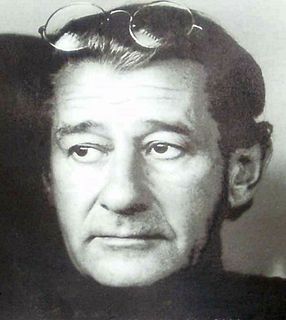A Quote by Millicent Fenwick
One of the keys to our present definition of good taste is that it is better to be kind than to be 'correct.' There is no situation in which it is smart to be nasty.
Related Quotes
Just pausing for two to three breaths is a perfect way to stay present. This is a good use of our life. Indeed, it is an excellent, joyful use of our life. Instead of getting better and better at avoiding, we can learn to accept the present moment as if we had invited it, and work with it instead of against it, making it our ally rather than our enemy.
For a lot of people, well-meaning teaching has made poetry seem arcane, difficult, a kind of brown-knotting medicine that might be good for you but doesn't taste so good. So I tried to make a collection of poetry that would be fun. And that would bring out poetry as an art, rather than the challenge to say smart things.
A good taste in art feels the presence or the absence of merit; a just taste discriminates the degree--the poco piu and the poco meno. A good taste rejects faults; a just taste selects excellences. A good taste is often unconscious; a just taste is always conscious. A good taste may be lowered or spoilt; a just taste can only go on refining more and more.
Judges of elegance and taste consider themselves as benefactors to the human race, whilst they are really only the interrupters of their pleasure ... There is no taste which deserves the epithet good, unless it be the taste for such employments which, to the pleasure actually produced by them, conjoin some contingent or future utility: there is no taste which deserves to be characterized as bad, unless it be a taste for some occupation which has mischievous tendency.
Blot your misdeeds out (if you are particularly conscientious), by a good deed, as soon as you can; just as we did a correct sum at school on the slate, where an incorrect one was only half rubbed out. It was better than wetting our sponge with our tears; both less loss of time where tears had to be waited for, and a better effect at last.
If we are too busy, if we are carried away every day by our projects, our uncertainty, our craving, how can we have the time to stop and look deeply into the situation-our own situation, the situation of our beloved one, the situation of our family and of our community, and the situation of our nation and of the other nations?




































